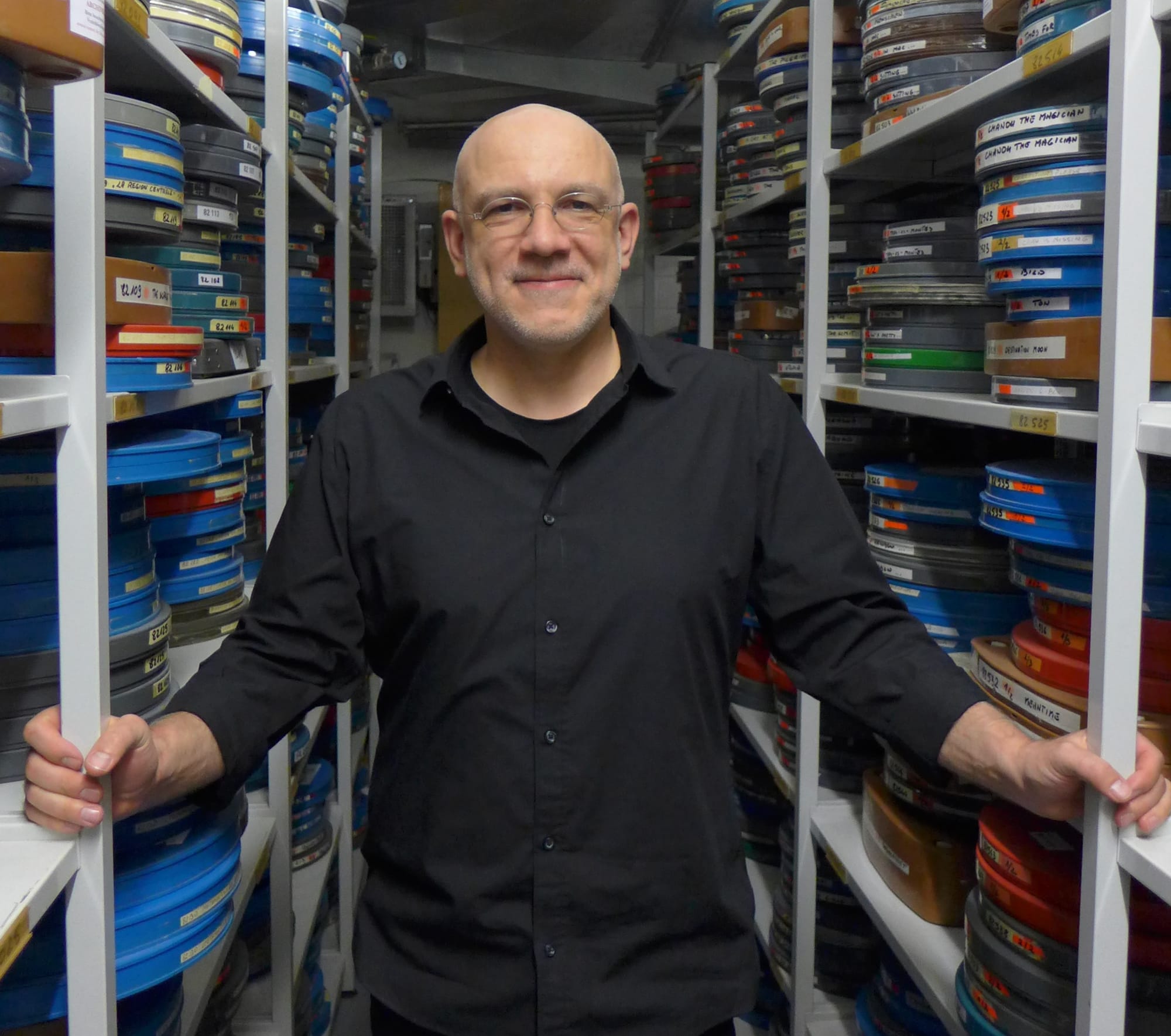“Turkey Wants to be Part of the Nuclear Club” An Interview with Can Candan
Kenan Behzat Sharpe spoke with Candan about his latest film project Nuclear alla Turca, a documentary on the history of atomic energy in Turkey, a country on the verge of building its very first nuclear plant despite a growing anti-nuclear movement.












